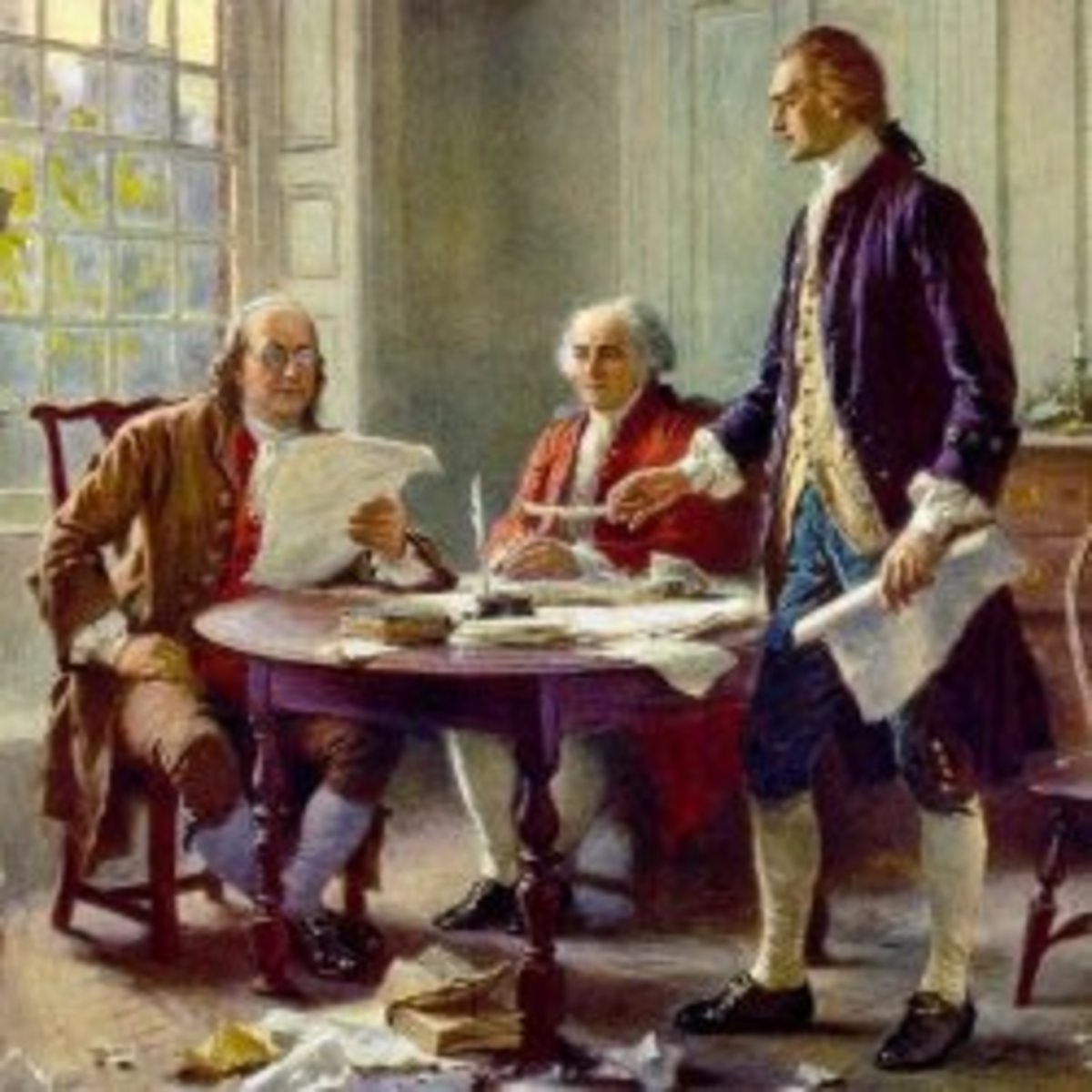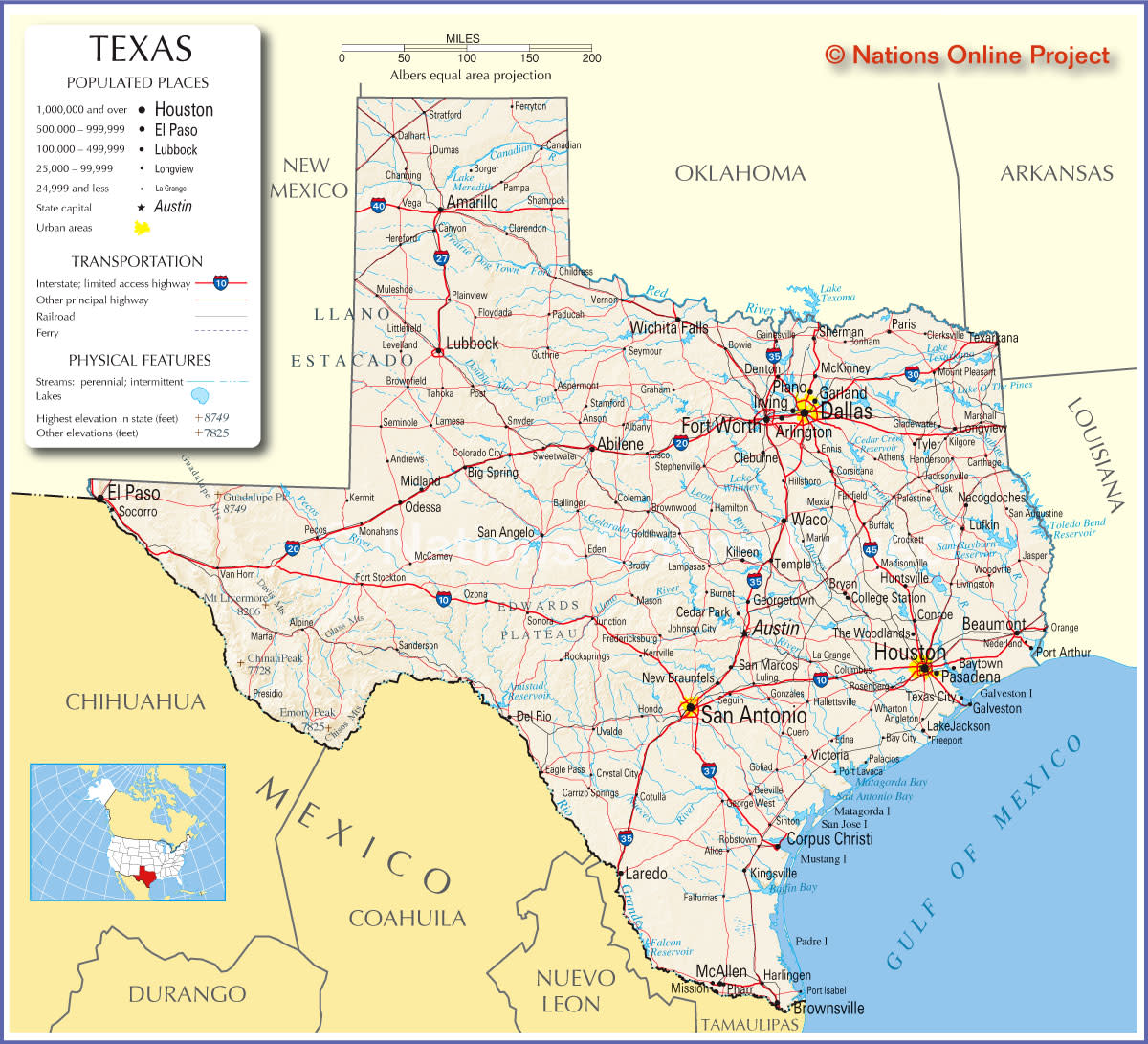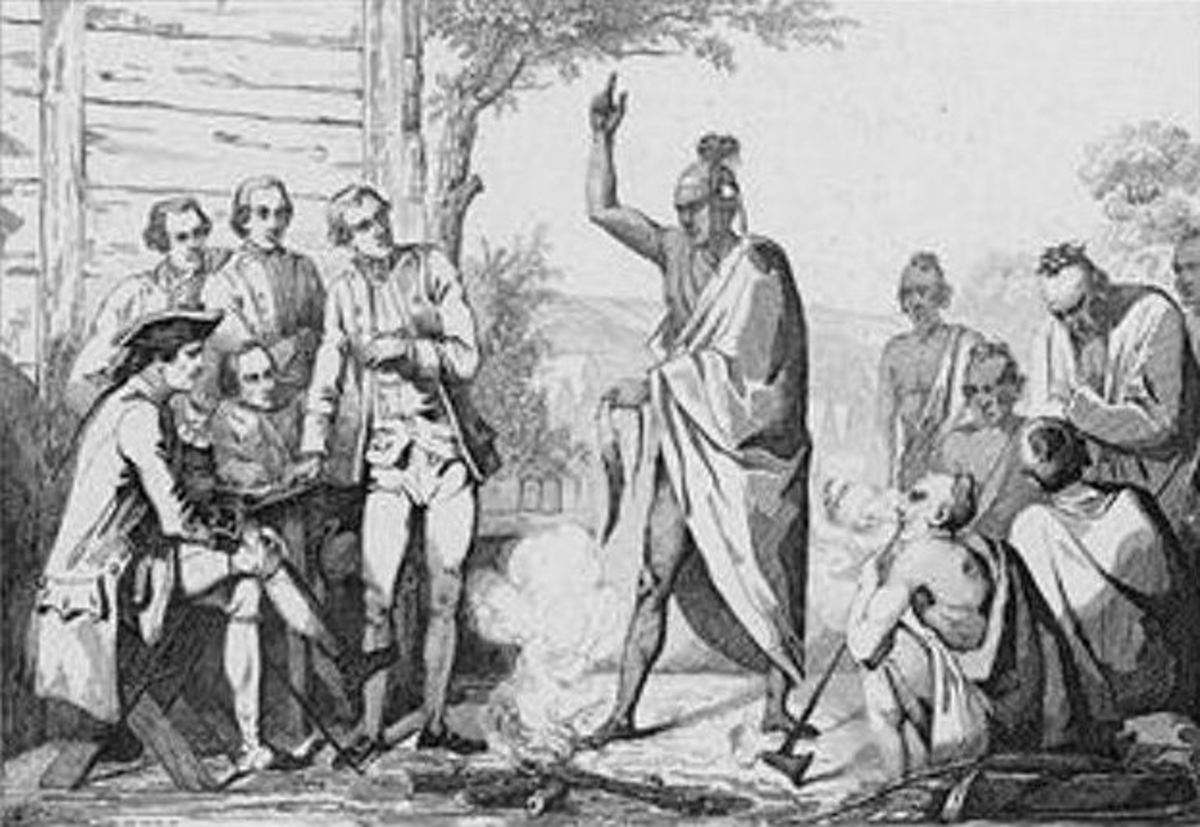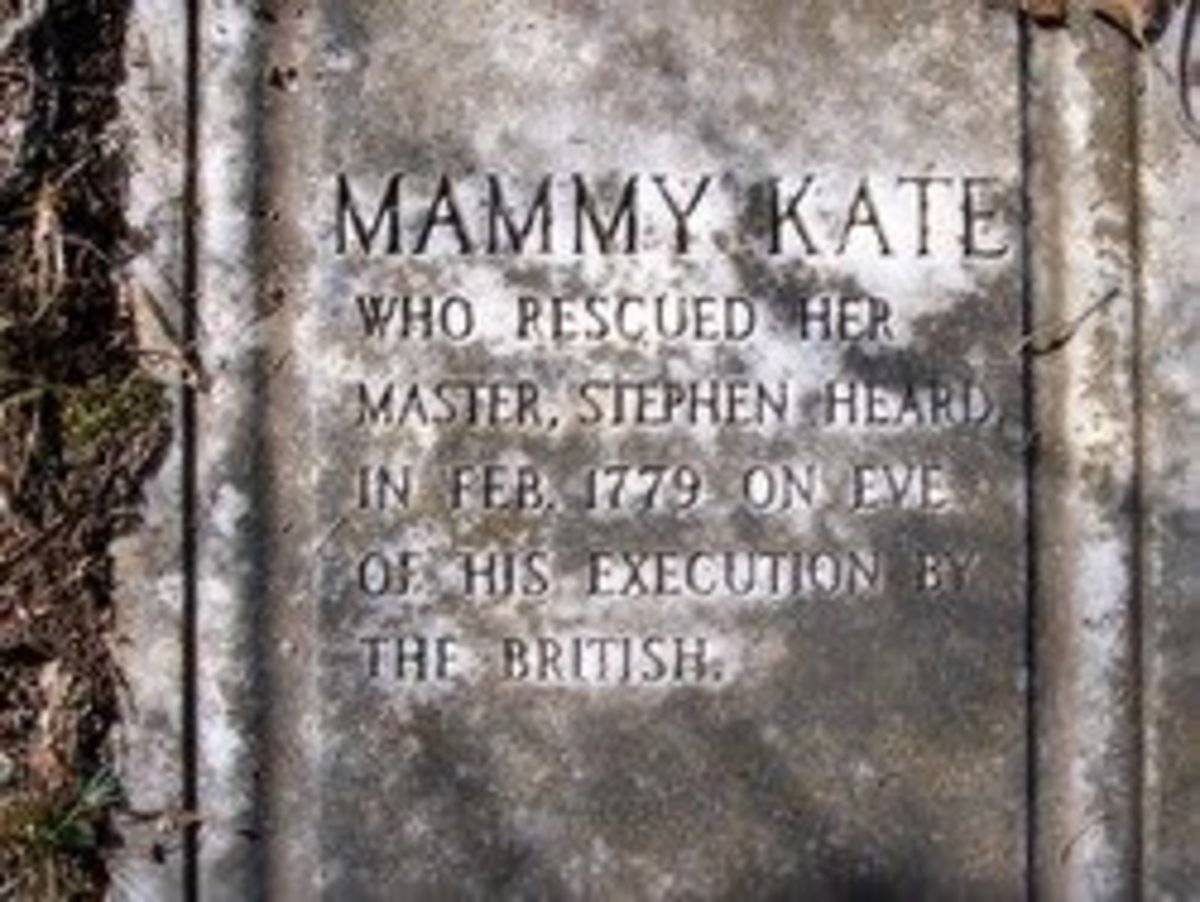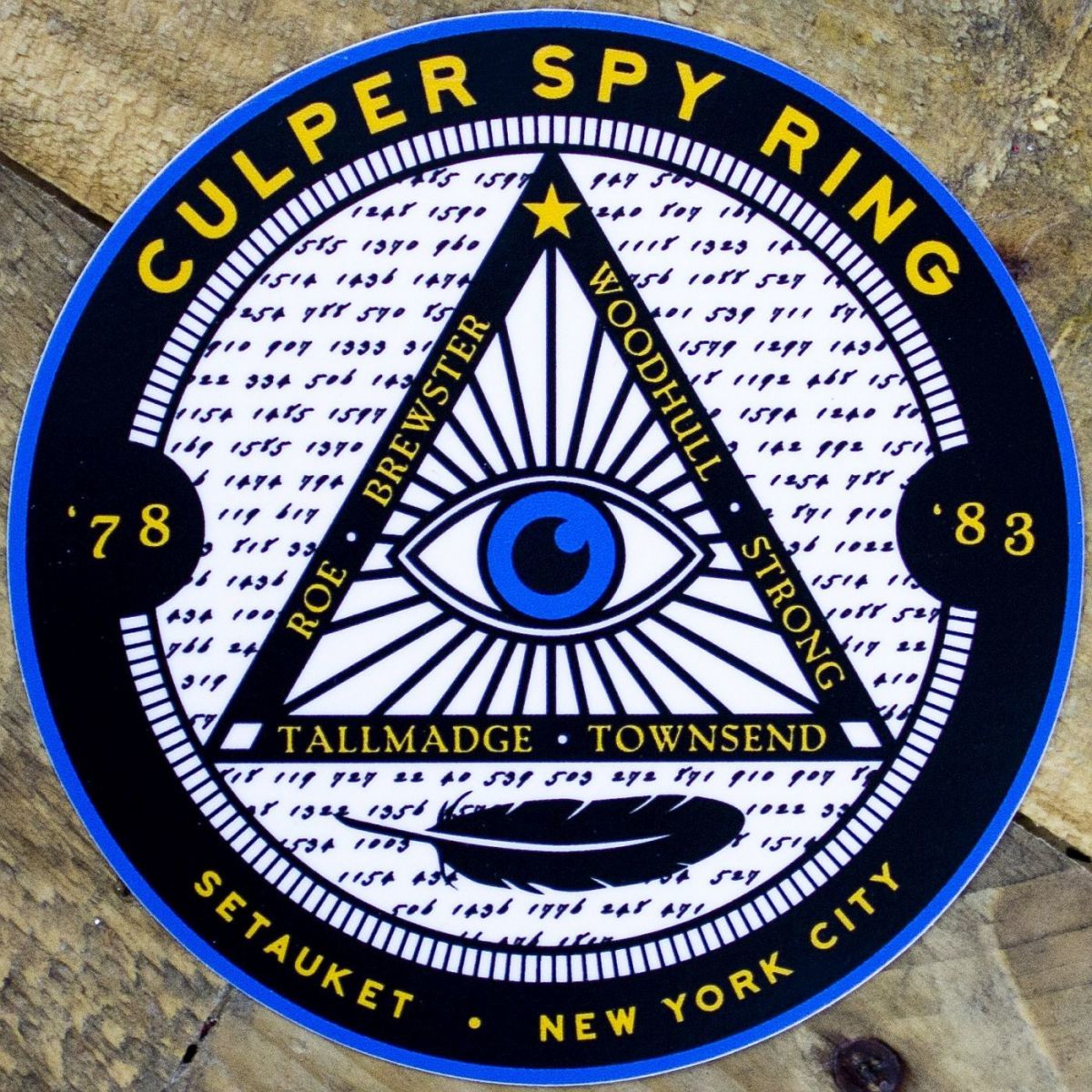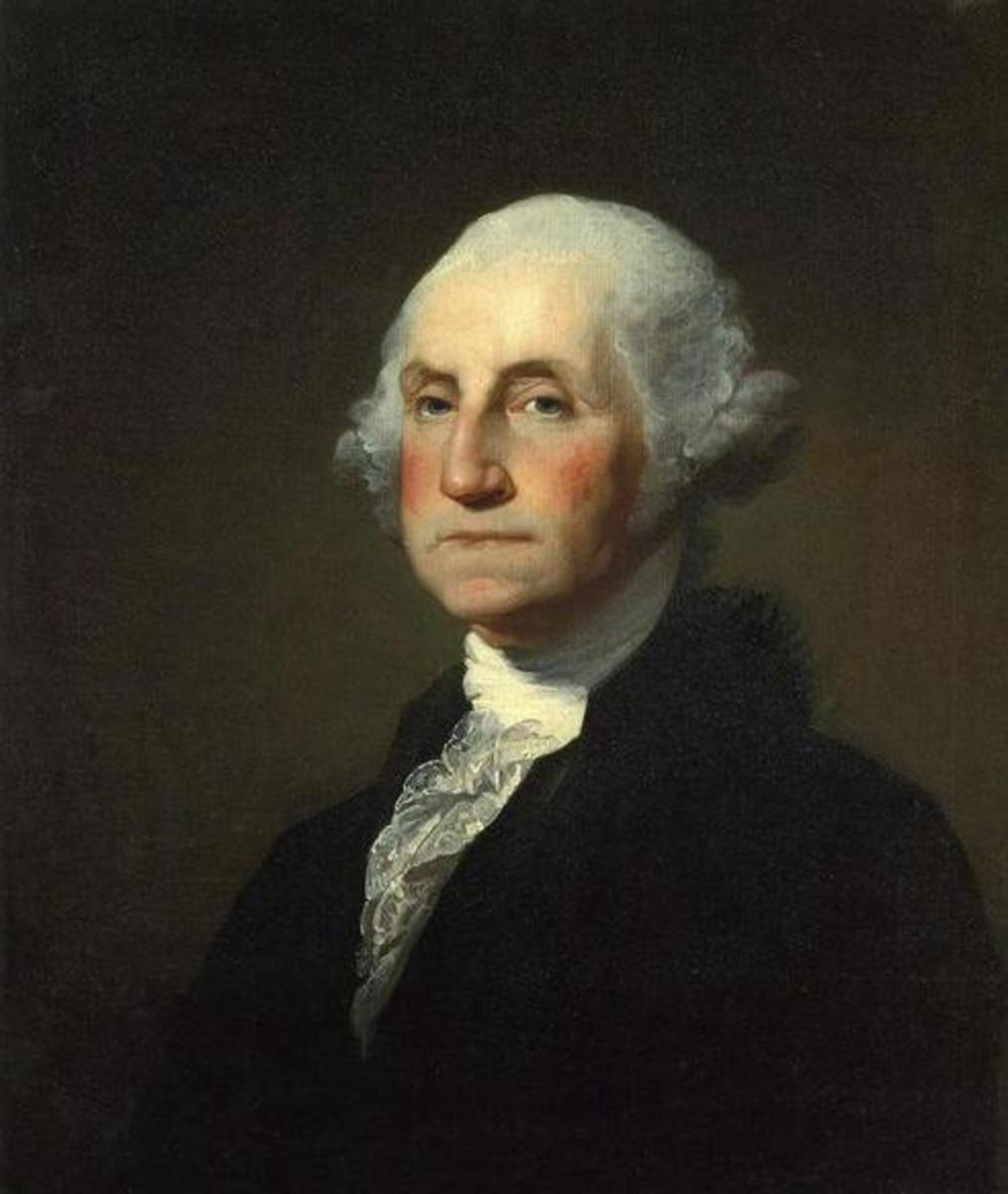- HubPages»
- Education and Science»
- History & Archaeology»
- History of the Americas»
- American History
American War of Independence - Won only with help from Britain's enemies.
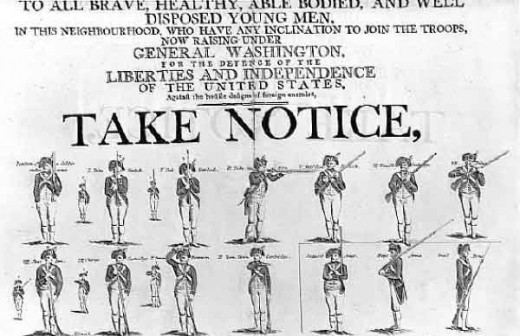

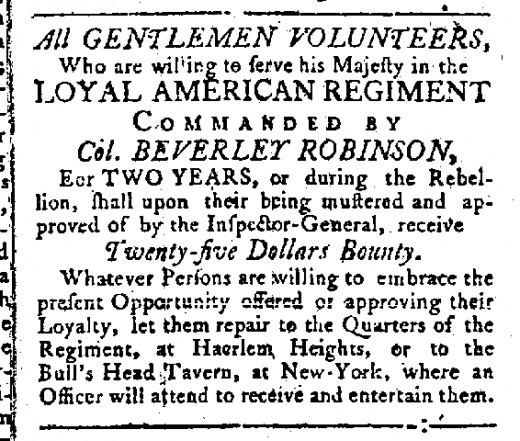
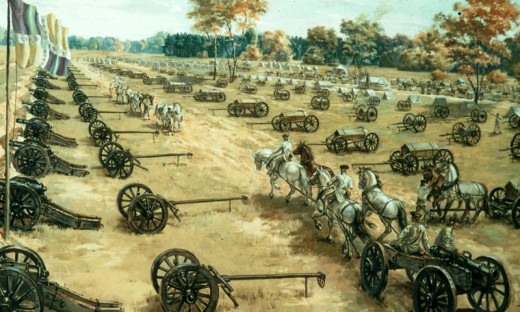
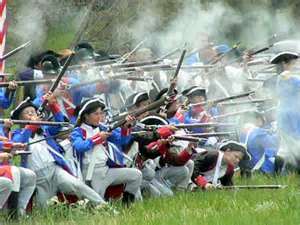
My intention is not to denigrate the brave and honourable efforts of the true American patriots, rather to try and cut through the “Hollywood” glitz that seems to surround any episode of note in America’s short history.
As popularised in songs and tales, was the war the glamorous overthrow of the wicked British by a gallant band of square-jawed heroes ? It would be nice if it was true, but the reality is rather different.
In the second half of the 18th century Britain’s Empire stretched to all areas of the globe, but much of this territory was hard won. Having defeated the French and their allies in the Seven Years’ War (1756-1763) and taking their territories in North America and India, Britain’s resources were becoming severely stretched. In order to pay for the defence of these colonies, various Acts of Parliament were enacted resulting in a variety of taxes levied on the American colonists. Not surprisingly these taxes were not well received and the unrest finally culminated in the events of Lexington Green on 19th April 1775.
From the beginning the French sympathised with the rebellion and many, such as the Marquis de Lafayette offered their services and finance to avenge their humiliation in the Seven Years’ War. France, while pretending to be neutral, attacked troop convoys, the West Indies and India, while Spain threatened to invade Gibraltar and surprisingly Florida (which they eventually did). In fact the assistance given by France was so great that by the end of the war 90% of the weapons used by the Americans came from France.
In most of the early battles Britain soundly defeated the Americans, although they found that the American guerrilla tactics resulted in heavy losses. However, Britain kept letting George Washington escape and following the Battle of Saratoga, Britain gave up the offensive in the North. The turning point was Burgoyne letting Washington escape again at Brandywine; otherwise America would have certainly lost.
Britain’s major problem was one of logistics; it was taking 3-6 months to get troops and supplies across the Atlantic, all the while being attacked by the French and Spanish.
Under the most flagrant breach of supposed French neutrality, Count Rochambeau landed five battalions of French infantry and artillery on Rhode Island in 1780. These troops marched south to Virginia to join forces with Washington and Lafayette, where, on 14th September 1781, they lay siege to British forces, under the command of Cornwallis on the Yorktown peninsula. On the seaward side, a small Royal Navy contingent, who were intending to take off Cornwallis’s men, came under attack from the French fleet, under the command of Admiral DeGrasse. After a fierce battle lasting several days the Royal Navy was forced to withdraw and the French fleet landed heavy siege cannon and supplies to Rochambeau forces. Following a number of weeks of brief, but intense fighting, Cornwallis, outnumbered 2 to 1, with no hope of reinforcements and an army stricken with dysentery, surrendered his forces on 19th October 1781. As an indication of the degree of support provided by the French, at the battle of Yorktown there were 3 to 4 times more French troops fighting than American.
The fact that Britain lost the war should come as no surprise to anyone; they were heavily outnumbered, fighting the Americans, French, Spanish and Dutch simultaneously on a global war basis. In the end it was simply economies at home that gave the Americans independence, had the British Government been committed to retaining the colonies, the result would have been without doubt.
This degree of foreign influence also extended to events during the American Civil war, when Britain in support of Captain Bulloch of the Confederate Navy began a programme of powerful warship construction. Playing the Union Forces at their own game (from the War of Independence days) Britain claimed neutrality (under the Foreign Enlistment Act 1819) while at the same time contracting Laird Shipyards to construct 2 ironclad “Laird Rams”. In July 1862 the powerful warship “Enrica” (also known as “290”) steamed down the Mersey supposedly on “trials”. However, she headed for the Azores where she took on British supplied arms, provisions and coal and was handed over to Admiral Raphael Semmes and renamed “Alabama”. In March 1862 a previous ironclad had departed Liverpool and followed a similar scenario at Nassau, where she was renamed “Florida”.
The Union Government, not unexpectedly, protested in the strongest terms to London as the “Alabama” wreaked havoc. On 10th April 1863 Adams, of the US consulate in London suggested that the “Privateering Bill” (designed to seize blockade-runners) might “regrettably” affect British shipping. Under these circumstances Britain would have little option but to go to war against America. Whilst the prospect of war against America would have been more of a problem for America than Britain (Britain at the time had an immensely strong Navy), it was not a sensible option purely to settle a commercial problem. Americas’ apparent willingness to commit themselves to a war, they couldn’t possibly win, astonished many in the British Government. To bring about a sensible solution to the problem the British Government purchased the “Alexandra” (the next warship destined for the Confederacy) and used it for the Royal Navy, while at the same time cancelling the rest from Lairds’.
Whilst, again the main influence on the North/South problem was from Britain and France, Russia also became involved for their own reasons. Under the pretext of expressions of good-will, the Russians sent several ships under the command of Rear Admiral Lisovskii to New York in September 1863 and in October a squadron under Rear Admiral Popov to San Francisco. The real reason for this visit was because of the Polish question, which meant Russia was under pressure from Britain, France and Austria. Rather than have their ships in home waters, where they may be trapped by the British Navy, they chose to relocate them to a “friendly neutral” which also gave the added advantage of being in the right area for possible attacks on British colonies.
Since Popov had expressed willingness to engage the Confederate warships, Russia nearly became an American ally, but the influence of Lincoln’s emancipation policy and the successes of the Union military made this unnecessary.
America infiltrated by Nazis and Japanese war criminals
- Land of the Free - Betrayed from within during WW1 and WW2
US politicians and companies who were nazi sympathisers and supplied materials to Germany during the war.Also US complicity with Japanese war criminals regarding human experimentation.
Freedom from the grip of the British
How much do you really know about the War of Independence ?
© 2012 Peter Geekie



